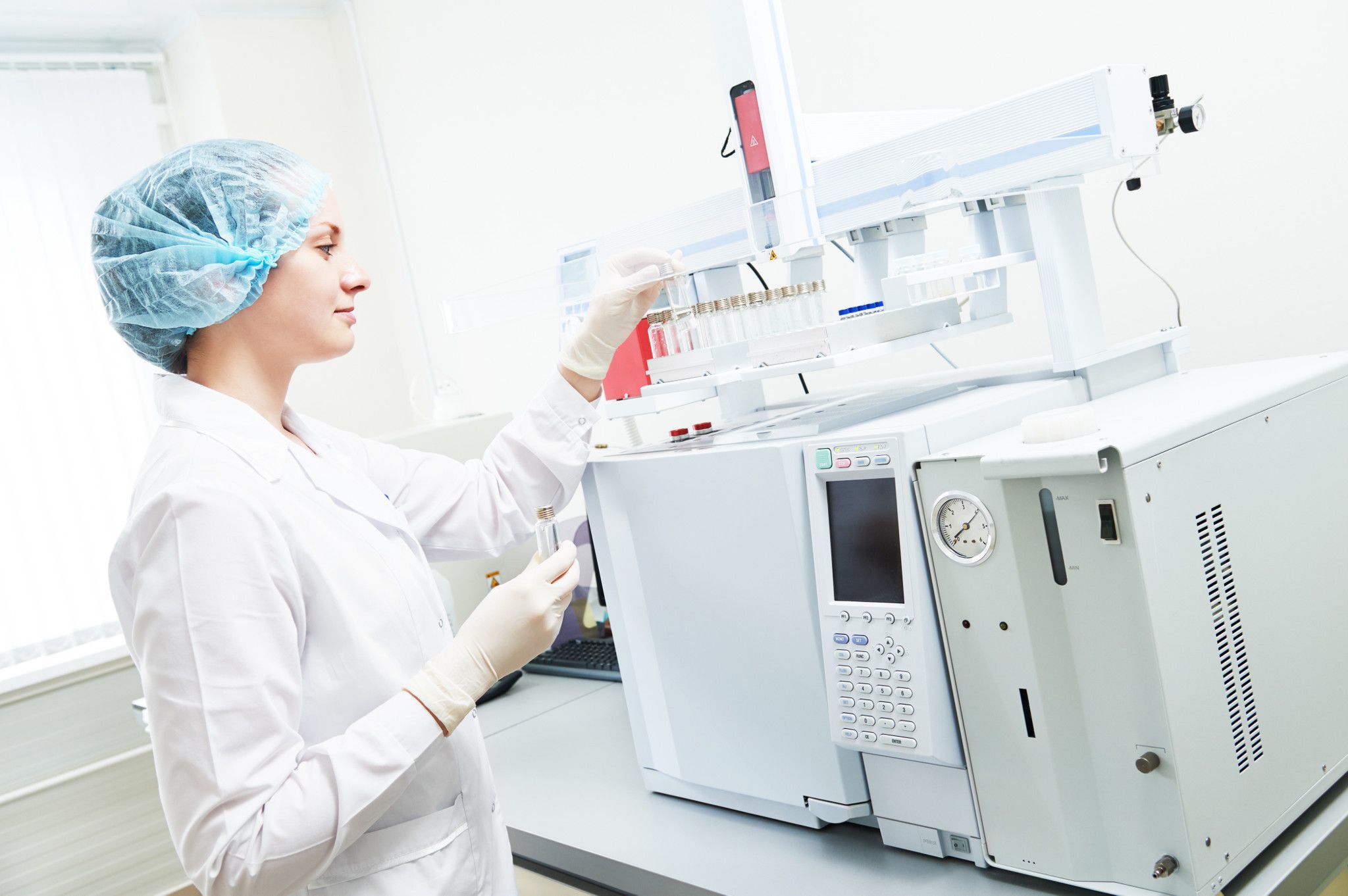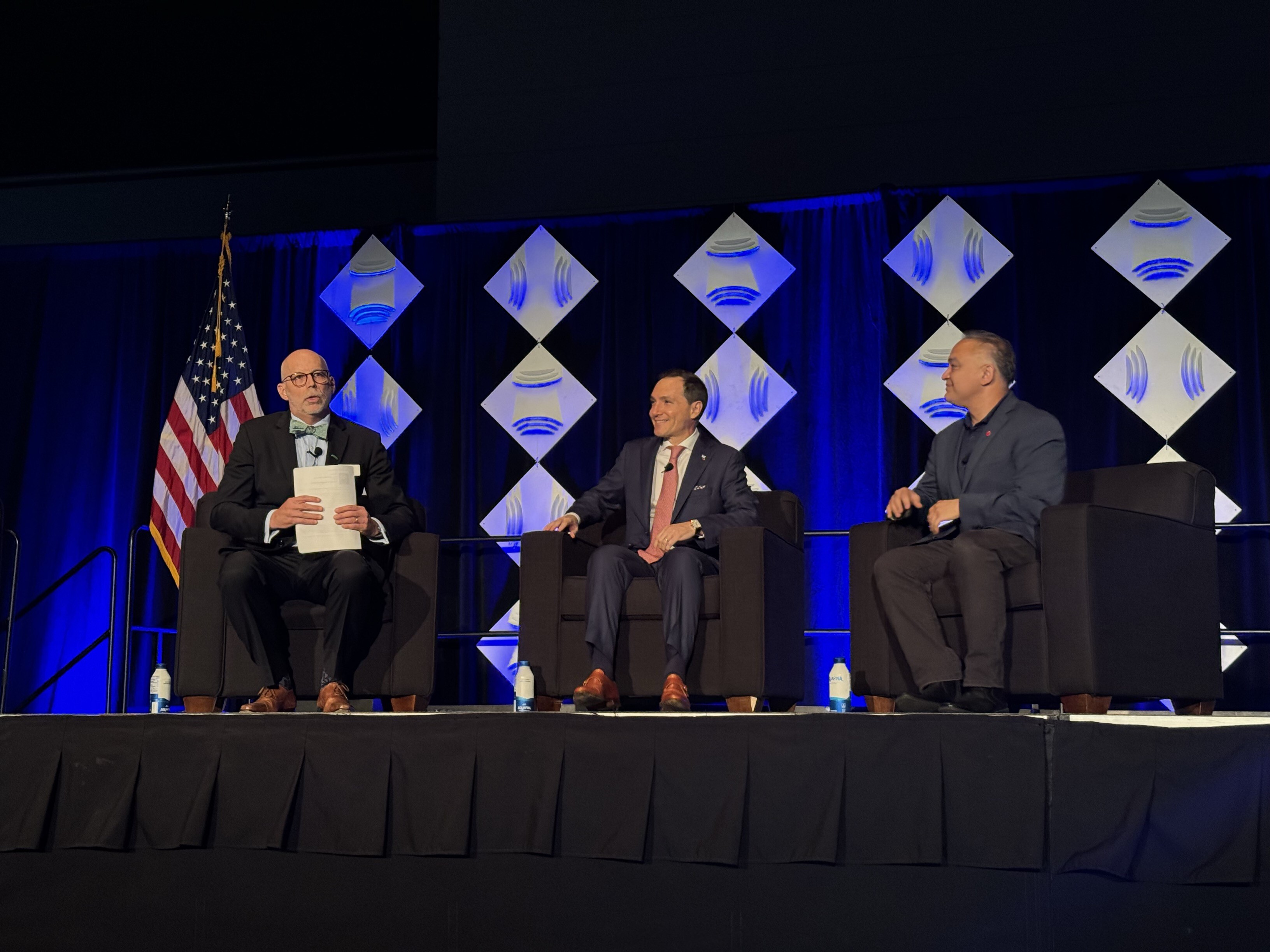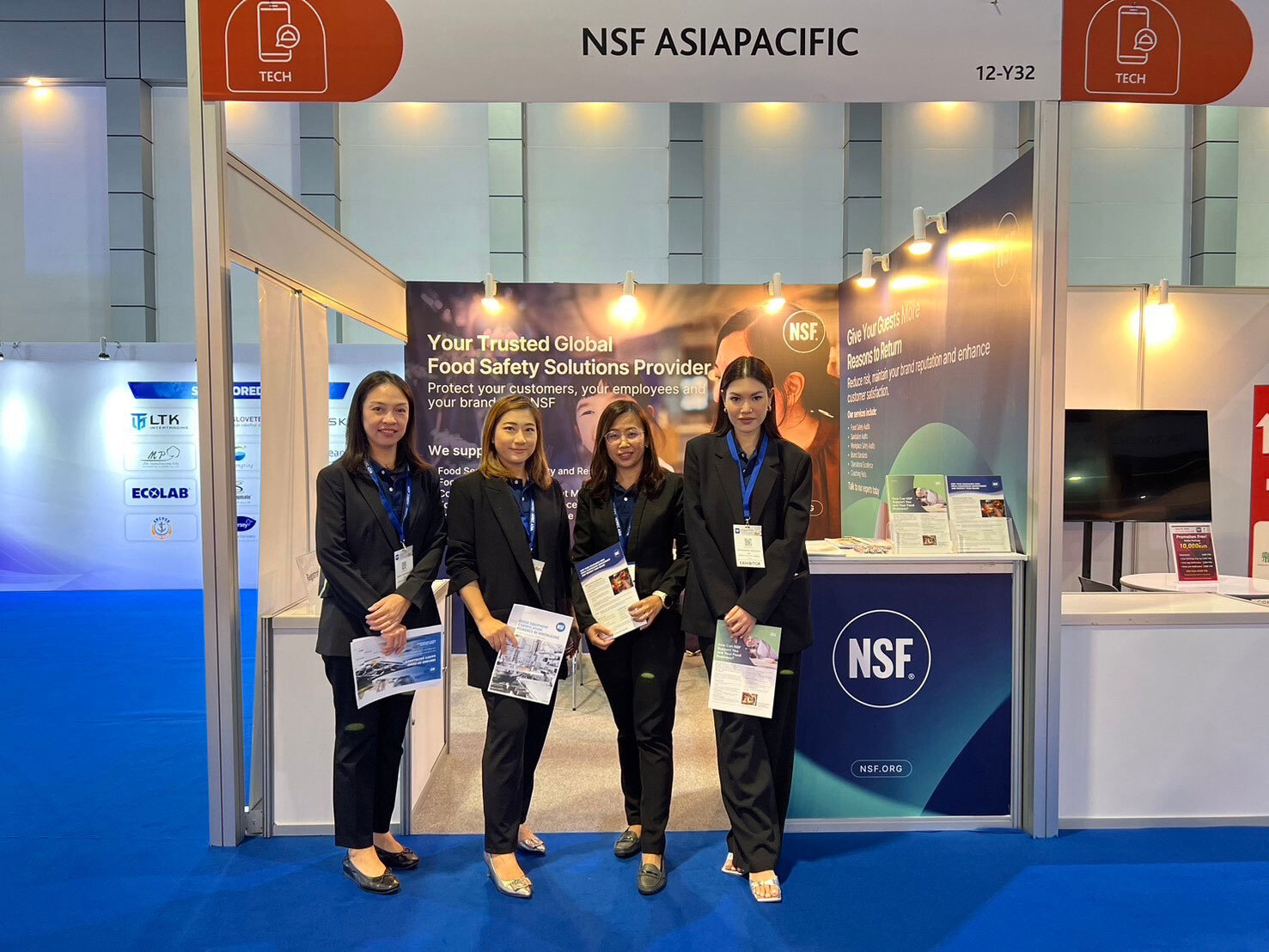Remembering Cancer Research Pioneers During Prevention Month

To support National Cancer Prevention month, we want to remember two pioneers in cancer research.
Dr. Jane Cooke Wright (1919 – 2013) was a physician known as the “Mother of Chemotherapy”. Along with being an accomplished surgeon, she helped to establish medical oncology as we know it today and made chemotherapy more accessible and reliable.
In the early 1930s, Dr. May Edward Chin (1896 – 1980) was instrumental in the development of the pap smear test, which helped to save an immeasurable number of lives and has forever changed how cervical cancer is prevented and detected. She later served at the Strang Cancer Clinic at Memorial Hospital, where she developed screening methods and protocols that are still used to this day.
February is also Black History Month, and that makes mentioning these two brilliant physicians even more appropriate, as both were discriminated against based on the pigment of their skin. Throughout our history, driven and motivated people have done great things, despite the adversity stacked against them. In a time where segregation and hatred were still real and pervasive, these Black women achieved generational greatness, developing cancer treatments that are immune to race, religion, nationality, or creed. And if anyone can create greatness, then treating others with the courtesy, decency and respect they deserve is vital in progressing us as a human race.
Making cancer prevention effective
The pap smear test is just one of the many screenings available today. The only way to make prevention effective is to take advantage of them. Whether it be the preventive checks of the prostate, cervix, breast or other, get checked early. If you have a weird growth, a “strange looking mole” or just don’t feel right, don’t put off being seen. The earlier it is detected, the higher the probability of treatment.
While quitting certain risk behaviors (e.g., smoking drinking, processed foods, etc.) will significantly reduce risk, we know that ultraviolet light is also linked with cancer. According to the Skin Cancer Foundation, properly wearing SPF 15+ sunscreen can reduce the risk of developing squamous cell carcinoma by ~40% and lower melanoma risk by ~50%. Proper application is simple and defined in this infographic:
Know the five W's (and one H) of sunscreen
Who: Everyone under the sun
What: Broad sprectrum SPF 15 or higher; SPF 30 or higher for a day outdoors
When: Every day; 30 minutes prior to going outdoors. Reapply every two hours
Where: All exposed skin
How: One ounce (shot glass full) to entire body for each
Why: Reduce your risk of skin damage and skin cancer!
How NSF Can Help You
Get in touch to find out how we can help you and your business thrive.

What’s New with NSF

NSF Shanghai Named Critical Site for NSF/ANSI 455 and NSF/ANSI 173 by ANSI National Accreditation Board
July 26, 2024
NSF Takes Center Stage at NEHA Annual Education Conference
July 25, 2024
NSF Asia Pacific Showcases Hospitality Solutions at THAIFEX HOREC Asia 2024 in Bangkok, Thailand
July 4, 2024